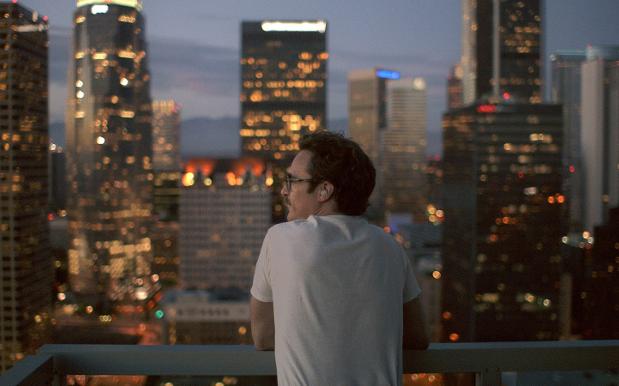
There’s certainly a lot of misplaced shame associated with admitting you’re lonely.
Typically, there’s a misconception that loneliness means you don’t have any friends, or that you’re somehow a defected, when in reality, it’s a human emotion that does not discriminate. Heck, even goal-kicking DJ Alison Wonderland has admitted to feeling lonely.
You could be in a room full of your favourite family and friends and still feel isolated. You could be the most popular person in the world, and still feel as though you’re not connecting.

And if you yourself feel that way right now, you’re absolutely not alone.
A national survey conduced by crisis support service Lifeline has yielded some alarming statistics on the prevalence of loneliness in Australia.
Of the 3,100 people surveyed, 60% reported “often feeling lonely.”
Further to that, a whopping 82.5% believed loneliness was increasing in society. What’s more alarming is that Lifeline’s chief exec Pete Shmigel reckons the people that gave this answer might actually be lonely too, just not ready to admit it.
“We have more calls to Lifeline that talk about loneliness and social isolation and family and relationship breakdown than we do of people talking about mental illness,” said Shmigel, speaking to The Guardian.
“Loneliness wears down your resilience to crisis. Say you lost your job, or you lost your boyfriend … when you are lonely, or feel that you have no one to confide in, your resilience drops. As resilience drops, risk of suicide increases.”
The bitter fact is, Australia’s suicide rate is the highest it’s been in 13 years – and social isolation no doubt has a lot to do with it.
Shmigel also suggested that the average person has become lonelier as a byproduct of being way too busy. Since we’re all so caught up getting stuff done, we neglect real-world relationships that foster strong bonds.
Referring to a previous study by RUOK, Shmigel linked this rise in loneliness to the fact that we’re spending on average 46 hours a week looking at our devices.
“That’s basically like getting home from work on Friday night and deciding that you’re going to spend the entire weekend online, without sleeping,” Shmigel said. “Where do you fit the rest of it – ‘it’ being paid work and the entirety of your real-life human connections – into the other five days?” Shmigel pointed out.
“We need to have the stickiness, the gooeyness, the conflict that comes with engaging in actual human relationships.”
Source: The Guardian.
Photo: Her.
If you’d like to speak to someone who knows what they’re talking about and can help, call BeyondBlue on 1300 22 4636. If you are in crisis or distress, call Lifeline on 13 11 14. If it is an emergency, call 000.



